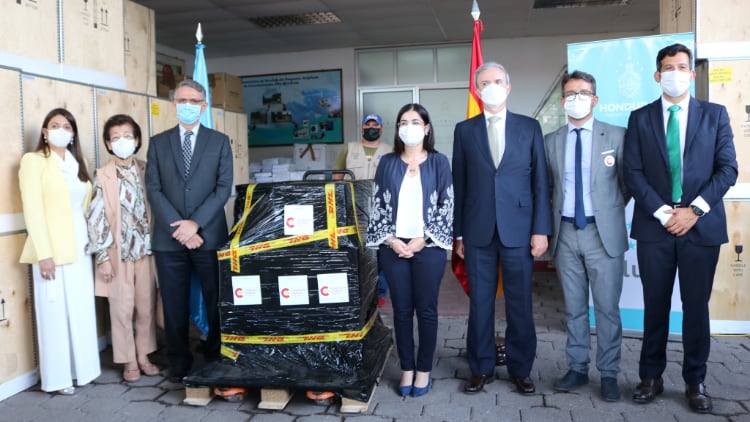The Diplomat
Last Tuesday, the Council of Ministers approved the referral to Parliament of the Air Transport Agreement between Spain and the Dominican Republic and authorized Spain’s consent to be bound by the agreement.
The agreement, initialed on December 2, 2019 on the occasion of the consultations held between the aeronautical authorities of both countries, establishes the legal framework that provides coverage to air links between both countries, adapting it to Community regulations. The Government authorized the signing and provisional application of the agreement on January 18, coinciding with the visit to Madrid of the Dominican President, Luis Abinader, and the signing took place in Madrid two days later, in the middle of the International Tourism Fair (FITUR), which had the Dominican Republic as a special partner.
The agreement, which when it enters into force will replace the Agreement between Spain and the Dominican Republic on Air Transport of March 15, 1968, establishes flexible principles regarding the system of operations that can be carried out between the two countries, which will contribute to strengthening relations in the field of commercial transport. Each party may designate as many airlines as it wishes to operate the agreed services on the specified routes, as well as replace it with another previously designated airline.
With respect to capacity, the designated airlines of each party operating services on any of the routes stipulated in the technical agreement shall enjoy a fair and equitable equality of opportunity. With respect to the schedule of routes, the aeronautical authorities of both parties will be free to jointly establish, in the technical agreement, the schedule of routes to be operated by the designated airlines of both parties and will specify the traffic rights with which the routes may be operated.
The new framework will also allow the marketing of code-shared services as established in the technical agreement agreed between the aeronautical authorities. The new agreement includes intermodal transport and environmental protection as the main novelties with respect to the 1968 Agreement.







